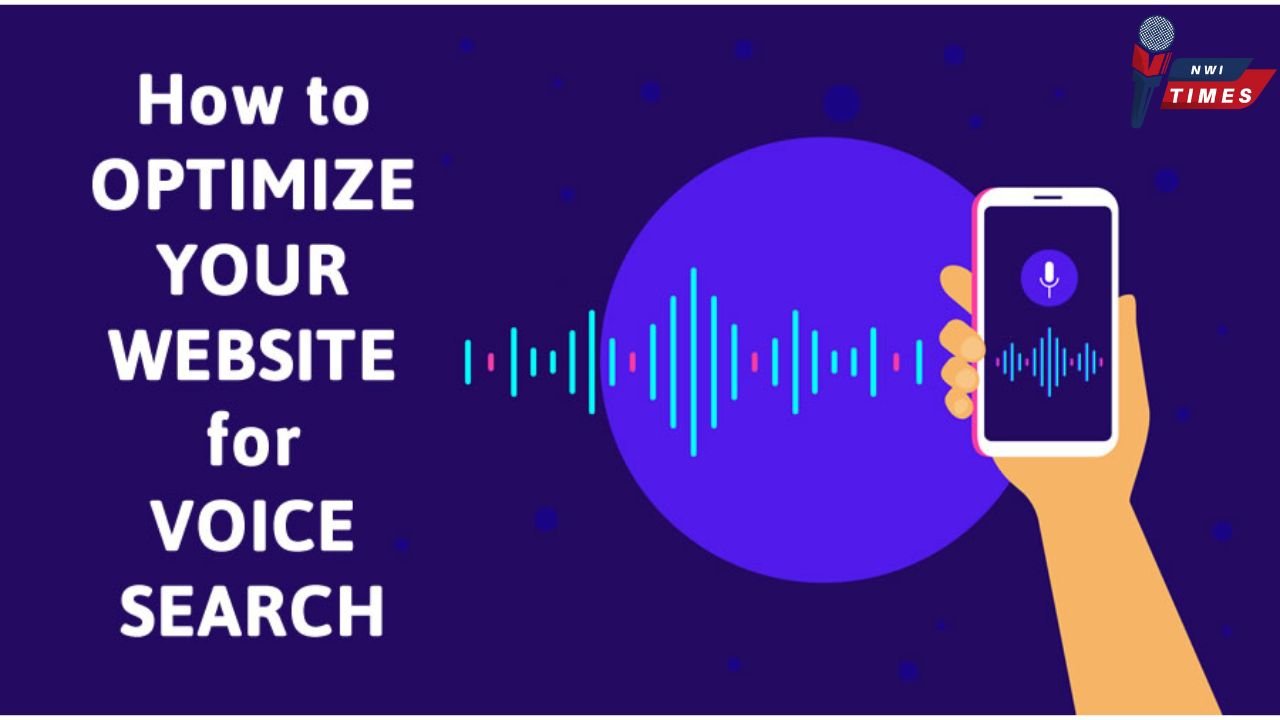Voice search is becoming more popular with the rise of smart devices. Knowing how to optimize your website for voice search is crucial for staying relevant and accessible. This guide will cover various strategies to help you improve your website’s performance in voice search results.
What Is Voice Search and Why Is It Important?
Voice search allows users to find information using spoken commands rather than typing. To effectively reach these users, you need to understand how to optimize your website for voice search. This involves adapting your content to match the way people speak and ask questions. Optimizing for voice search helps improve your visibility and ensures that your site meets the needs of users who rely on voice commands.
How Can You Use Natural Language for Voice Search?
When optimizing your website for voice search, using natural language is key. People tend to ask questions in a conversational tone when using voice search. To align with this, write your content in a natural, question-and-answer format. This approach helps search engines understand and rank your content better. By focusing on how to optimize your website for voice search with natural language, you increase your chances of appearing in relevant voice search results.
What Are Long-Tail Keywords and Why Are They Important?
Long-tail keywords are specific phrases that users commonly speak during voice searches. For example, someone might search for “best Italian restaurants near me” instead of just “restaurants.” To optimize your website for voice search, include these long-tail keywords in your content. This approach makes your site more likely to appear in responses to voice queries. Understanding how to optimize your website for voice search with long-tail keywords can significantly enhance your site’s visibility.
How Can Structured Data Help with Voice Search?
Structured data provides additional context to search engines about your content. By marking up information such as reviews, recipes, or events, you help search engines understand your content better. This improves the chances of your site appearing in voice search results. Learning how to optimize your website for voice search with structured data ensures that your content is accurately represented in search engine responses.
Why Is Mobile-Friendliness Important for Voice Search?
Voice searches are often conducted on mobile devices. If your website is not mobile-friendly, users might face difficulties accessing your content. To optimize your website for voice search, ensure it is responsive and works well on smartphones and tablets. This includes having fast loading times and easy navigation. Making your site mobile-friendly is a crucial part of how to optimize your website for voice search.
How Can Local SEO Improve Voice Search Results?
Local SEO is important for appearing in voice search results, especially for location-based queries. Many voice searches include phrases like “near me” or “closest.” To optimize your website for voice search, focus on local SEO by including your business’s address, phone number, and operating hours on your site. Getting listed in local directories and encouraging customer reviews can further enhance your local search presence.
What Role Does Page Speed Play in Voice Search Optimization?
Page speed affects how quickly your website loads. Users expect fast responses, and a slow-loading site can negatively impact your rankings. To optimize your website for voice search, ensure your pages load quickly by optimizing images, reducing server response times, and utilizing caching. Improving page speed is a vital component of how to optimize your website for voice search, as it enhances user experience and search performance.
How Can You Improve Your Website’s FAQ Section for Voice Search?
An FAQ section is useful for addressing common voice search queries. By including clear and concise answers to frequently asked questions, you make it easier for voice search devices to provide relevant results. Organize your FAQ section with questions and answers that align with how people speak. This strategy is an effective way to implement how to optimize your website for voice search and improve content accessibility.
What Are Some Best Practices for Optimizing for Voice Search?
To optimize your website for voice search, follow these best practices:
- Use Natural Language: Write in a conversational tone.
- Include Long-Tail Keywords: Match the way people speak.
- Implement Structured Data: Help search engines understand your content.
- Ensure Mobile-Friendliness: Make sure your site works well on mobile devices.
- Focus on Local SEO: Optimize for location-based searches.
- Improve Page Speed: Make your site load quickly.
- Enhance Your FAQ Section: Provide clear answers to common questions.
Table: Benefits and Drawbacks of Optimizing for Voice Search
| Benefit | Drawback |
| Increases Visibility | Requires Ongoing Updates |
| Improves User Experience | Can Be Time-Consuming |
| Matches Natural Language | May Need New Content Strategies |
| Enhances Local Search Results | May Require Technical Skills |
| Boosts Mobile Traffic | Initial Setup Can Be Complex |
By following the steps on how to optimize your website for voice search, you can improve your site’s performance and visibility in voice search results. Implementing these strategies will help you stay competitive and meet the needs of users who rely on voice search for their queries.
Conclusion
Optimizing your website for voice search is crucial in today’s digital environment. By focusing on natural language, long-tail keywords, and structured data, you can enhance your site’s visibility and relevance in voice search results. Ensuring your site is mobile-friendly, fast-loading, and optimized for local SEO will further improve its performance. An effective FAQ section and adherence to best practices will also contribute to better voice search results. Understanding how to optimize your website for voice search will help you stay ahead in a rapidly evolving digital landscape and meet the needs of users who rely on voice commands.



